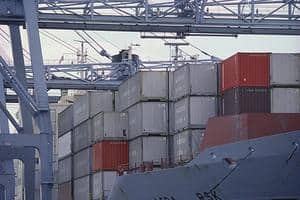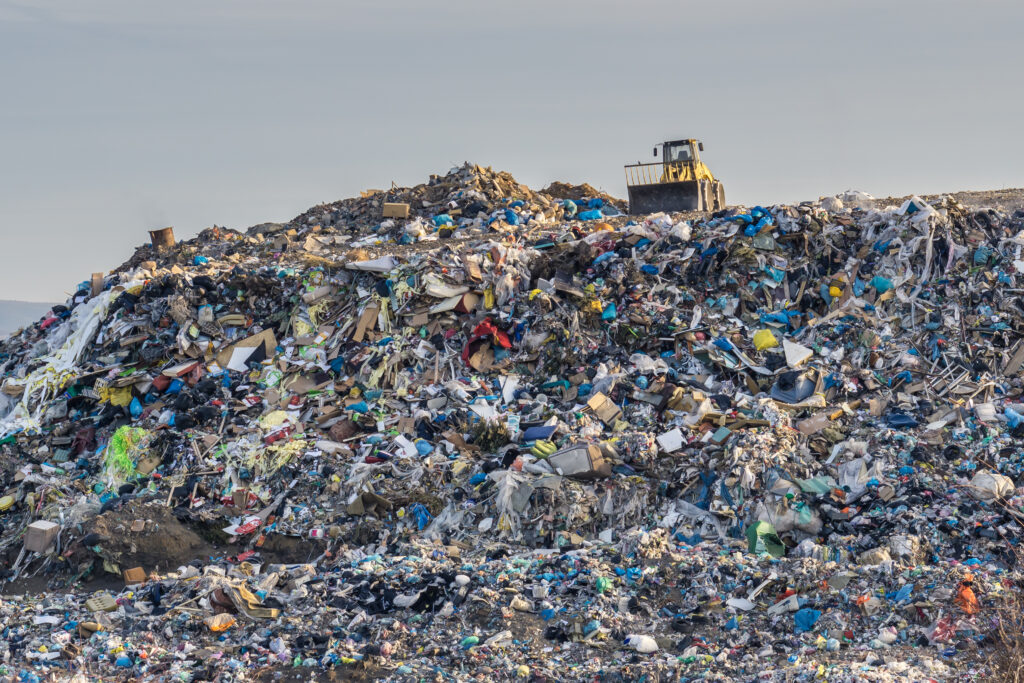The comments came in response to a statement from the British Plastics Federation (BPF) Recycling Group, which claimed that the plight of Dagenham-based plastic bottle recycling firm Closed Loop Recycling highlighted the need for reforms to the Packaging Recovery Note (PRN) system.

According to Closed Loop, the falling oil price is leading users of recycled plastic to switch back to virgin polymers as the value of the material falls alongside the cost of oil. The company has sought assurances from the Dairy Industry that pledges to use recycled content in new packaging will be honoured.
In a statement last week, BPF stated that the falling oil price coupled with demand for plastic scrap from global ‘low cost economies’ have ‘undermined confidence’ in the UK’s plastics recycling industry (see letsrecycle.com story).
However, responding to the comments in a statement today (April 13), Recycling Association chief executive Simon Ellin said: “Firstly, we lend our support to Closed Loop Recycling and hope that they can find a way out of their current difficulties. We need a strong UK recycling infrastructure and we need to find ways of supporting it, but to lay the blame on the role of exports and to moot distorting the markets by manipulating the PRN system is a very dangerous short term solution.”
Fluctuations
Dr Ellin continued that recycling businesses must ensure that they are able to protect themselves against fluctuations in supply and demand that are common in a commodity based market, adding that the current market situation is being driven by downward pressure on the global price of oil.
[testimonial id = “213” align=”right”]
He added: “Plastics re-processors need to be in a position to ride these fluctuations by being in a position to pass the burden down the supply chain. We have repeatedly highlighted that if we want a sustainable recycling infrastructure then the companies at the top of the supply chain, in this case the retailers, need to make a contribution.
“All the big retailers are more than happy to ride on the back of our fantastic industry and to use their own perceived sustainability as a marketing ploy, so the time is now right to nurture this relationship by assisting the likes of Closed Loop financially to ensure that recycled polymer is favoured over virgin.”
PRNs
On PRNs, Dr Ellin described calls to amend the PRN system – including a split target for domestically recycled and export plastic packaging as advocated by the BPF – as ‘short term madness’.
He added that the Association, which represents a number of merchant traders as well as some reprocessors, advocates a level playing field for exporters and domestic processors and ‘does not agree with the bias we have in favour of PERNs due to different levels of acceptable out throws in relation to the PRN’.
However, he said: “Let’s not forget that reprocessors are not the only link in the supply chain. We have to export circa 75% of all the plastics we recover because we simply don’t have the capacity in the UK and it is this market that the merchants collecting the materials rely on. Export markets not only provide the market capacity, they also provide the competition element that keeps prices higher and sustainable in the long term.
“Indeed the re-processors such as Closed Loop have developed their businesses on the back of this established infrastructure which has grown on the back of the export market and any measures now to indirectly squeeze them out of a competitive market would be wholly counterproductive in the long-term.”










Subscribe for free